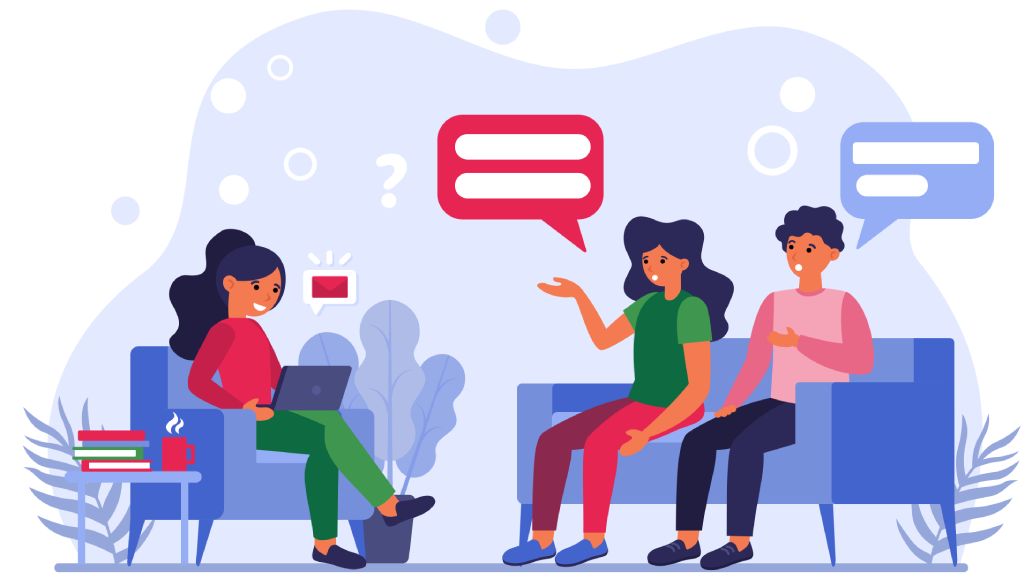Have you ever heard someone saying “It’s better to be alone than in a relationship”? Relationships are hard. There’s no doubt about it. At the same time, relationships are also an enormous source of strength, as they support us emotionally and give us a sense of belonging, love and appreciation.
Relationships can be hard to balance and maintain. This is mostly because relationships are complex and depend on the emotions, needs, intentions, likes and dislikes of the other person. Some relationships grow fragile and difficult over time. At times people may grow apart or break the relationship. This may happen due to external difficulties like work pressure or financial issues, or may also happen due to incompatibility. How to decide if you should work on the relationship or break up? A couples relationship counselling in Pune at Center for Mental Health can help you recognize certain fundamental things of each partner that may have contributed to the change of relationship quality.
What makes relationships difficult?
Benefits of relationship therapy and counseling
Couples relationship counselling at Center for Mental Health, Pune can help couples by working through issues together and help the couple can reconnect with one another,
References

